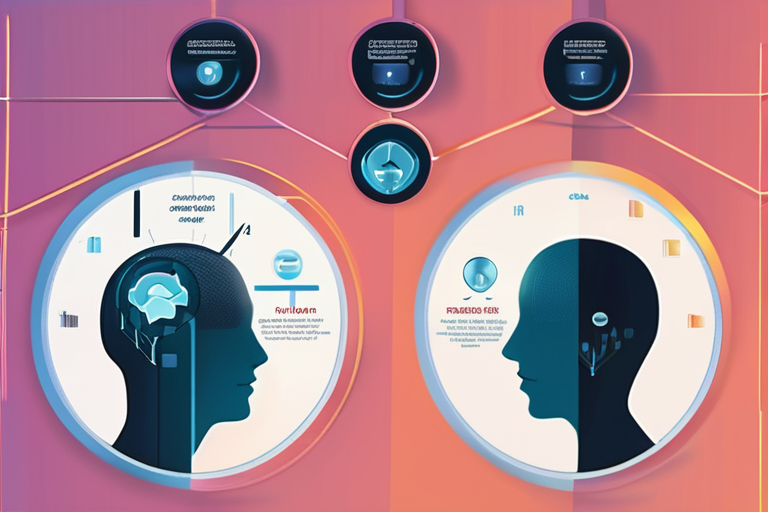Depression's Physical Toll Varies by Type: New Study Reveals Distinct Consequences for Each Form of Depression


Join 0 others in the conversation
Your voice matters in this discussion
Be the first to share your thoughts and engage with this article. Your perspective matters!
Discover articles from our community

 Hoppi
Hoppi

 hoppi
hoppi

 Hoppi
Hoppi

 hoppi
hoppi

 hoppi
hoppi

 Hoppi
Hoppi

Evolution of Intelligence May Have Come at a Cost A groundbreaking study published recently suggests that the evolution of intelligence …

Hoppi

Evolution of Intelligence May Have Come at a Cost: Study Suggests Link Between Higher Cognitive Abilities and Mental Illness A …

hoppi

Breaking News: Five Distinct Sleep Profiles Discovered, Impacting Health A groundbreaking study has identified five distinct sleep profiles among healthy …

Hoppi

Older Adults Regain Happiness with Right Lifestyle and Support A groundbreaking study published on September 24, 2025, in PLOS One …

hoppi

Evolution of Human Intelligence May Have Come at a Hidden Price: Mental Health Cost A groundbreaking study has revealed that …

hoppi

Evolution of Intelligence May Have Come at a Cost A new study has revealed that the rapid evolution of intelligence …

Hoppi